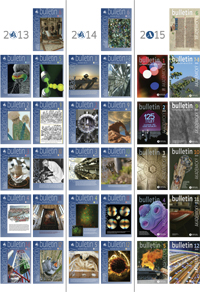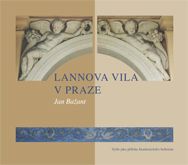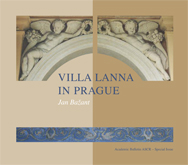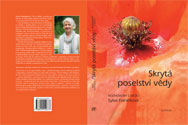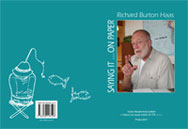SAYING IT… ON PAPER (6)

Writers shun certain words and phrases because they constitute poor style. Teachers and colleagues have condemned these expressions, and the writers have accepted the condemnations. The list is long; some of the entries are idiosyncratic; and all challenge the writer. I have selected a few. You may not agree with my choices, but consider: very, nice, in my opinion, and thus.
Years ago, my public speaking professor said we could use "very“ three times during the semester. I was confused; then I was horrified. I could not imagine expressing myself without good old "very“, my trusted verbal crutch. This arbitrary restriction eventually made sense. If I knew what I wanted to say, I had to find the right word, and if I found the right word, then I did not need "very“.Not long ago, a young woman wrote about returning to her flat late at night, and her fear of the dark streets and the suspicious characters lurking at the intersections. "When I got home, I was very happy“. When asked about the phrase "very happy“, she admitted that "happy“ was not the word she wanted, and that she had propped up "happy“ with "very“, hoping the reader would understand what she had felt. Later, she said she had not been happy; in fact, she had cried. So she thought about "relieved“ as a substitute for "happy“ and cut "very“. Later, she cut "relieved“. Her second version read: "When I got home, I burst into tears. The next morning I started to search for a flat in a new neighborhood.“ That’s a long way from "very happy“.
"Nice“ is another of my taboo words. A former teacher planted the attitude in me. Since then, it has blossomed. I have asked many students about their holidays, and they say, "Oh, very nice“. There’s nothing wrong or illegal about "nice“. It’s in the dictionary. It’s a word, a little defenseless word, but it says nothing. The day was "nice“. The weather was "nice“. Dinner was "nice“. He was "nice“. What does it mean? I sometimes use it in conversation, but I regret using it. Am I over-reacting? I’ll be less severe: "nice“ is… nice.
A friend read my paper about football in which I used "in my opinion“. He asked, "If it’s not your opinion, whose opinion is it?“ Today, I avoid that phrase. A worse form is this: "It’s only my opinion, but…“ It sounds apologetic, falsely humble, and establishes a negative atmosphere for the opinion that will follow. It’s only my opinion, but don’t use "it’s only my opinion“.
I was intensely involved in writing my dissertation, and imagining myself a scholar. I was using words that were not my own for I was a mere neophyte. One of the readers of my first draft circled a word, and wrote in the margin: "The last person to use ‘thus’ was a professor of classical archeology who died before WW I.“ That did it; "thus“ no longer resides in my reservoir of language.
In the Czech Republic, however, "thus“ has a battalion of supporters. It’s not a case of me against Czech writers of English; it’s simply a matter of style. They think "thus“ is accurate and noble because it has a dignity that comes from age, and an acceptance that comes from conventional usage. I consider "thus“ a moldy anachronism, and won’t use it.
Well, that’s a partial list of the words and expressions I challenge. If you enjoy writing, you have probably developed your own list. Whatever words fill them, we know the rationale behind our lists is the improvement of our style.
RICHARD HAAS,
Oddělení studia jazyků ÚJČ AV ČR


 English
English


